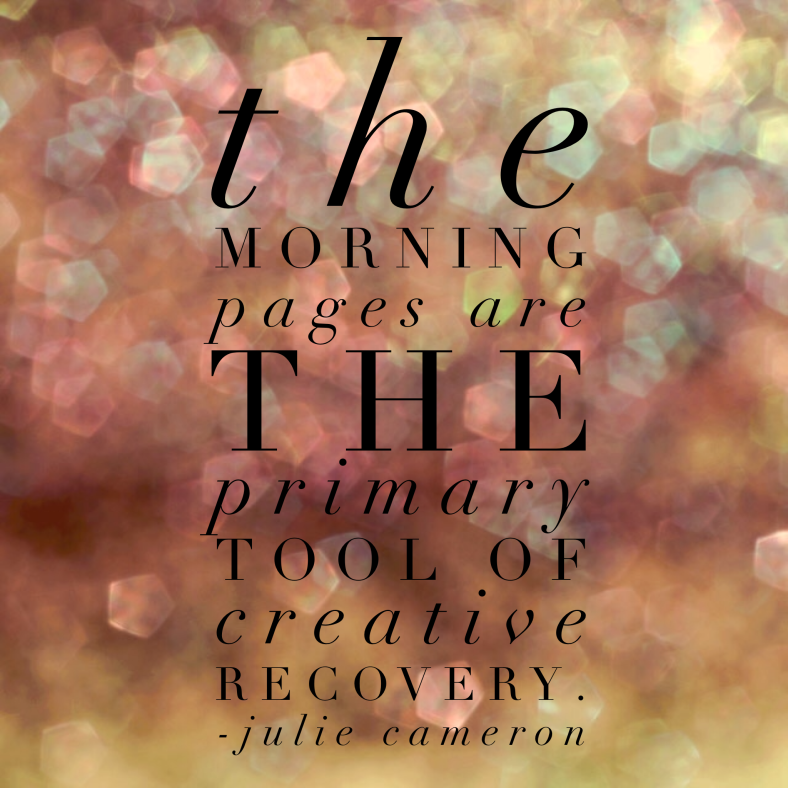
You thought your novel was finished. Did you send it out to publishers who rejected it? Or did you put it away for a while like you’re supposed to and realised months later it needed more work?
What to do? This is the point where plenty of people self publish. If you’re convinced — and others in the know are too — that your novel is ready, then go ahead. But if you see problems with your manuscript and are serious about your writing (as in you want to continually improve it), you have other options.
You could shelf it. You could see your story as a learning experience and move on to the next project with a sense of liberation. On the other hand, is there a voice in our head niggling at you to keep going until you get it right? Perhaps your story is too good to let go or you’re simply stubborn that way.
1. Should you rewrite?
Recently I’ve been considering whether to rewrite my first novel again after already having rewritten it twice. I’ve had six months away from it, which has given me a new perspective on its strengths and weaknesses.
There might be things you can learn by rewriting and improving your novel. For example, in writing my new novel I’ve been working hard on improving my style and other aspects of craft, which I could apply to my old story.
When discussing this with a friend, however, they suggested that after three versions and much time, I should give the old story up and move on; I should focus instead on finishing my current novel. Are they right?
2. When should you let your manuscript go?
There are situations when you might consider giving up your novel such as:
- You can’t finish the story, it ran out of steam and there’s nowhere to go
- You’ve lost your passion for it and you can’t get it back even though you’ve honestly looked at everything that might be blocking you such as structure, style, voice, character etc.
- It’s just not working despite having rewritten it umpteen times. Perhaps you’re too close to the story or you’re being held back by the first draft, which you wrote when you were less experienced
- It’s destroying your love for writing after many attempts at rewrites. Ask yourself, is it worth it?
- You’ve put it away for months, tried to rewrite it and you have nothing more to give. Your story is dead.
I’m not at the point where I’m ready to let go of my first story. So what now?
3. How to rewrite your story for the umpteenth time and not lose your will to write:
- Apply new craft skills such as improving dialogue, heightening conflict, adding nouns and verbs, creating a compelling first page, showing not telling and so on. Really get into the words and challenge your grasp of technique. I love this stuff, even if it’s hard. It keeps me from getting bored.
- Change your manuscript sufficiently so the process becomes engaging again. Don’t just edit, which is where you tighten your manuscript by moving line by line from the beginning to the end. Rewriting involves meatier processes like adding, subtracting or deepening characters, making structural changes such as moving chapters or the order of events, and cutting large sections. Rewriting involves prioritising problems by issue, not fixing the smaller stuff in a straight.
I’ll let you know how this goes in six month’s time. I’m encouraged by author Richard Flanagan’s struggle with his Man Booker prizewinning novel, The Narrow Road to the Deep North, which took him numerous attempt over many years in various formats before he created something he considered publishable. The story was problematic, I suspect, because it was close to him, which is my challenge too.
My only decision now is should I burn/trash every single earlier version like he did before starting afresh? This sounds dangerous and scary, but possibly liberating. What do you think?




